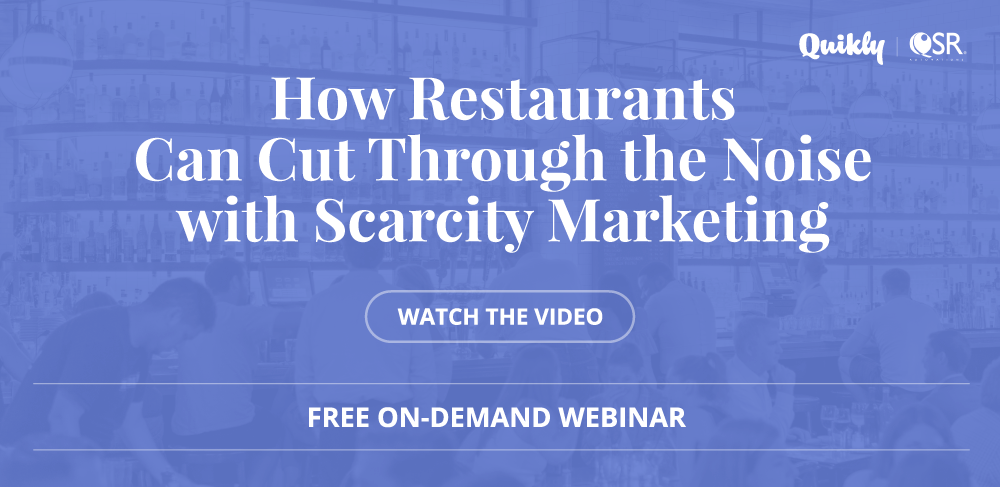
3 reasons food subscriptions are working right now

I was on my nightly walk when I ran into some neighbors — a couple, both retired, in their early 70s and living in an upper-middle class suburb. Since all of their social activities had been canceled, they said they didn't have much to do in the midst of a pandemic. In the same breath, they told me about how they were excited to get home and try a pre-made meal that had just arrived at their front door.
Unlike parents of young children or essential workers, these two people had more time on their hands than ever before. Theoretically, they could spend hours cooking, but instead they were choosing to get their food through a subscription service.
Now, there could be a number of reasons why they were doing this — of course, safety comes to mind. But there may be more to why they, and other consumers, are increasingly becoming customers of subscription-based companies.
1. We’re hardwired for convenience, whether we have time or not
While a busier person might have more of a need for subscription-based meal service, it doesn’t take away from the fact that all people love convenience. In fact, humans are hardwired to look for what is easy. This idea stems back as far as the 14th century to a man named William of Ockham. His theory, called Occam's Razor, is that “the mind seeks the simplest available interpretation of observations — or, more precisely, that it balances a bias towards simplicity.”
And the success of companies like Apple and McDonald’s, who have made simplicity around products the central focus of their brands, backs this up. From how to purchase a product to its packaging, they both have added ease to every part of their experience in some way.
But brands like HelloFresh, Blue Apron and Daily Harvest have brought the ultimate convenience to everyday lives. Going to a store, picking out groceries and cooking food are activities a lot of people simply don’t want to spend the time doing, especially when life feels hard. And other brands, like Panera, see this as an opportunity to jump in and experiment with different product offerings. Not only did the chain restaurant start selling grocery items curbside, but they launched a subscription-based coffee service.
2. We benefit from having less choices to make
Additionally, grocery-subscription services offer a solution to another problem: When consumers are given too many choices, they experience a cognitive overload. In fact, making any choice at all involves some mental energy and cognition, which is also why Steve Jobs said he wore the same outfit every day.
According to research in the Harvard Business Review, when consumers have too many choices, they are less likely to make a purchase “and if they do buy, they are less satisfied with their selection.”
When companies can help lessen choices and the overload that comes with it,, it makes their customers’ lives easier.
3. It's a business model that has been on the rise
In addition to grocery and meals, other industries are tapping into the growing subscription trend — so much so that McKinsey reported the subscription e-commerce market totaled at least $10 billion in 2018.
Additionally, the data showed 15% of online shoppers signed up for one or more subscription services. It’s safe to assume that number has since increased as the use of technology has become even more ingrained in our everyday lives (especially while we try to stay connected right now).
As the pandemic continues, subscription service business models around food will certainly continue to grow. Sure, some consumers might have a lot more time on their hands. But — thanks to every person’s innate desire for ease — there’s an opportunity to give them that. We are in the middle of a pandemic and under some amount of daily stress, after all. Which is why the ability to make fewer choices has consumers excited to enjoy readily made meals arriving at their front doors.

Andrea Gonzales-Paul is a brand journalist at Quikly. Her background is in storytelling, specifically working in TV news and documentary filmmaking.

